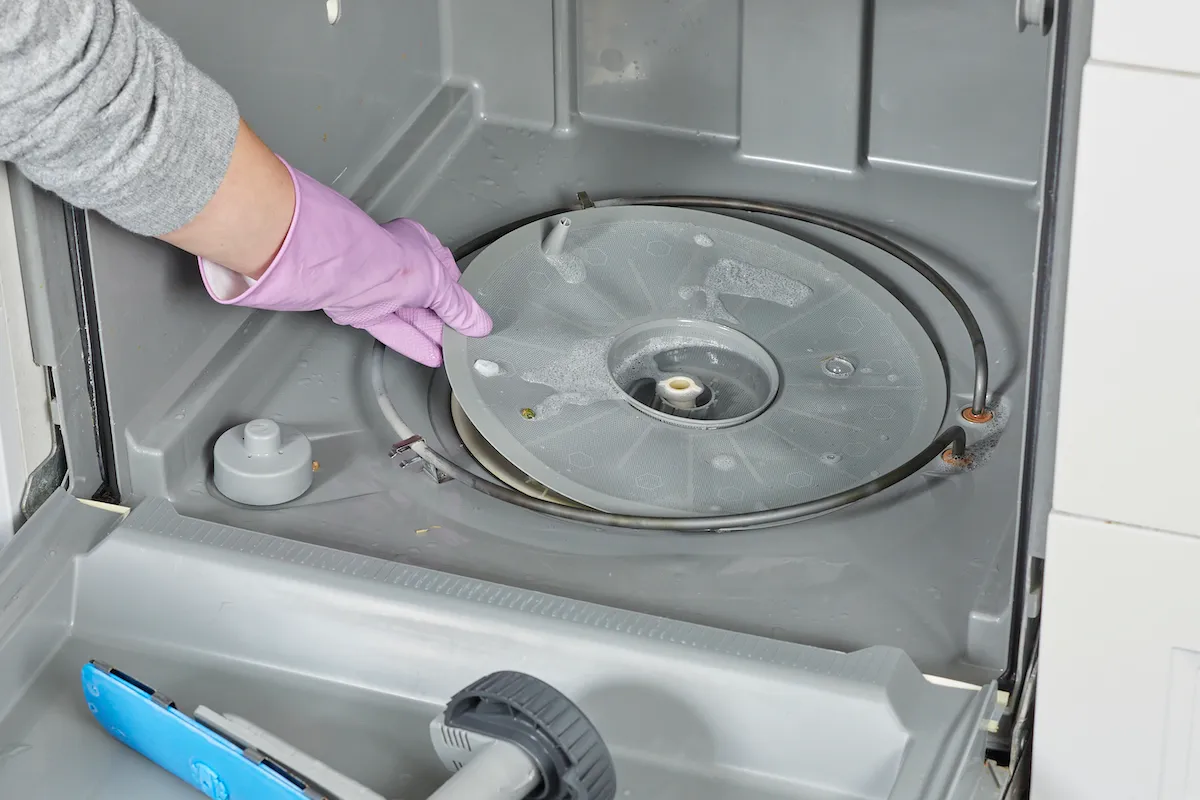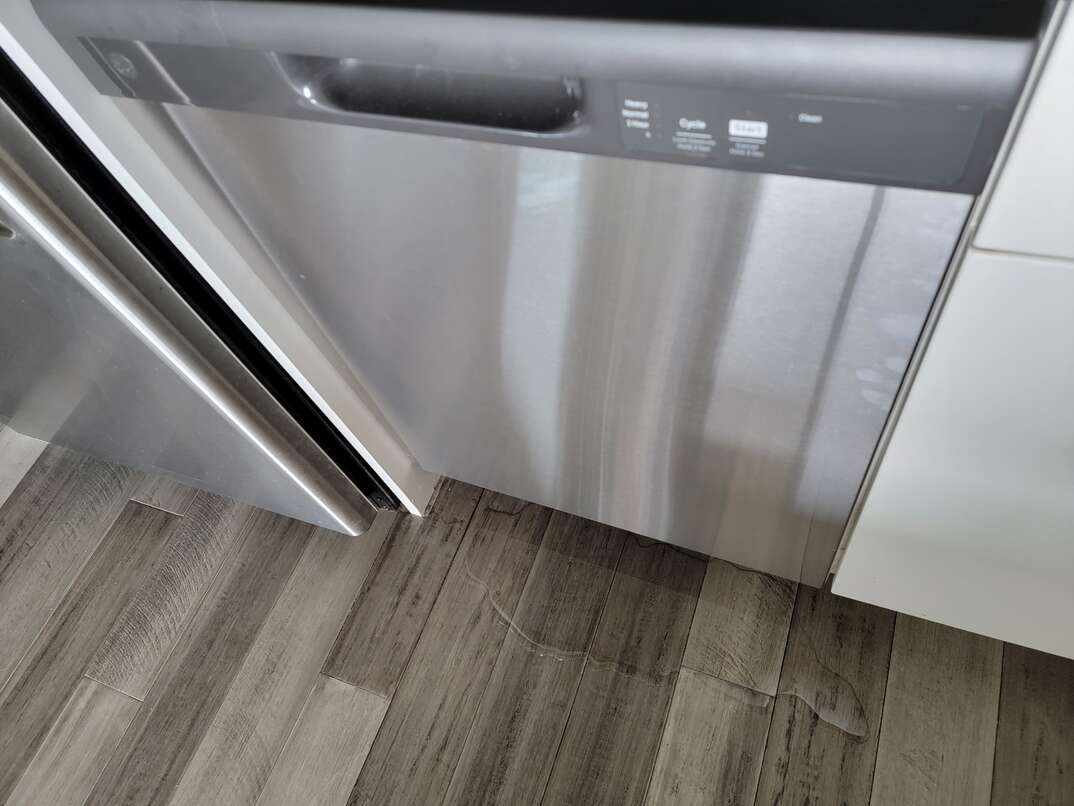How to Extend the Life of Your Dishwasher – Expert Tips
A dishwasher is an essential appliance in modern kitchens, providing convenience and efficiency in daily chores. However, like any machine, it requires care and attention to function optimally over time. If you want your dishwasher to serve you well for many years, there are specific maintenance habits and expert strategies you should adopt. This comprehensive guide shares tried-and-true methods to help you extend the life of your dishwasher.
Understanding the Average Lifespan of a Dishwasher
Most dishwashers have a lifespan of about 9 to 12 years, depending on the brand, model, and how well it is maintained. With proper care, it is possible to push your dishwasher well beyond the average life expectancy.
Why Dishwasher Maintenance Matters
Neglecting regular maintenance can lead to performance issues, costly repairs, or even the need for early replacement. Proper upkeep not only saves you money but also ensures your dishes come out sparkling clean every time.
Daily Habits to Preserve Your Dishwasher
#1. Scrape, Don’t Rinse
While modern dishwashers are designed to handle some food debris, large chunks can clog the filters and spray arms. Scrape off excess food before loading the dishes, but avoid pre-rinsing, which can fool sensors into thinking the dishes are cleaner than they are.
#2. Load Dishes Properly
Improper loading can block the spray arms and prevent thorough cleaning. Place larger items on the sides or back and ensure nothing obstructs the detergent dispenser.
#3. Use the Right Detergent
Always use detergent formulated specifically for dishwashers. Avoid regular dish soap, which can create excessive suds and damage internal components.
#4. Run Hot Water Before Starting
Run the kitchen faucet until the water is hot before starting your dishwasher. This ensures that the initial fill is with hot water, which improves cleaning performance.
Weekly and Monthly Maintenance Routines
#5. Clean the Filter
Most dishwashers have a removable filter near the bottom that traps food particles. Clean it once a week to prevent odors and ensure efficient water drainage.
#6. Wipe the Door Seals
Food particles and grime can collect on the rubber gaskets around the door. Use a damp cloth and mild detergent to wipe them clean monthly.
#7. Inspect Spray Arms
Make sure the spray arms can spin freely and that their holes aren’t clogged with debris. Clean them using a toothpick or small brush if necessary.
#8. Deodorize with Vinegar or Baking Soda
Run an empty cycle with a cup of white vinegar on the top rack or sprinkle baking soda in the bottom of the tub. Both methods help eliminate odors and mineral buildup.
Seasonal and Annual Maintenance
#9. Check and Clean the Drain Hose
Inspect the drain hose for kinks or blockages at least once a year. A clogged drain hose can lead to standing water and foul smells.
#10. Descale Regularly
Hard water leaves mineral deposits that affect dishwasher performance. Use a dishwasher-safe descaler every few months, especially if you notice white spots on glassware.
#11. Tighten Loose Screws and Hardware
Vibrations from daily use can loosen parts over time. Check for loose screws, particularly around the racks, spray arms, and door hinges.
#12. Inspect and Replace Worn Parts
Regularly check components like door latches, racks, and wheels. Replacing these parts as they wear out can prevent bigger problems later.
Smart Usage for Long-Term Benefits
#13. Don’t Overload the Dishwasher
Overcrowding reduces cleaning efficiency and puts strain on the racks and spray arms. Load your dishwasher according to the manufacturer’s instructions.
#14. Use the Energy-Saving Cycle
Many modern dishwashers have eco-cycles that use less water and energy. These cycles reduce wear and tear on the machine.
#15. Run Full Loads Only
Avoid running the dishwasher half-full. Full loads maximize efficiency and reduce the frequency of use, extending the lifespan of the appliance.
#16. Use Rinse Aid
Rinse aid helps water sheet off dishes, reducing spots and improving drying. It also helps prevent mineral buildup inside the dishwasher.
Environmental Factors and Location Considerations
#17. Maintain a Clean Kitchen Environment
Dust and debris around the dishwasher can enter the unit and affect performance. Keep the surrounding area clean and dry.
#18. Watch for Water Quality
If your water is especially hard or contains high levels of iron, consider installing a water softener. This can drastically improve the longevity of your dishwasher.
#19. Ensure Proper Ventilation
Make sure there is adequate ventilation around your dishwasher to prevent overheating and moisture buildup.
Signs Your Dishwasher Needs Immediate Attention
Even with the best care, problems can arise. Watch for these warning signs:
-
Dishes aren’t coming out clean
-
Standing water after cycles
-
Unusual noises
-
Water leaks
-
Bad odors
Address these issues promptly to avoid long-term damage.
When to Call a Professional
Some issues are best left to certified technicians, including:
-
Electrical problems
-
Persistent drainage issues
-
Motor or pump failure
-
Water damage or flooding
Hiring a professional may seem expensive, but it can save you from needing a complete replacement.
Choosing the Right Replacement Parts and Accessories
#20. Buy OEM Parts
Original Equipment Manufacturer (OEM) parts are designed for your specific model and ensure compatibility and durability.
#21. Upgrade with Care
If you’re adding aftermarket features like additional racks or water filters, make sure they are compatible with your model.
Keeping Your Dishwasher Energy-Efficient
#22. Clean Heating Elements
Some models allow you to clean or inspect the heating element. Doing so helps maintain energy efficiency.
#23. Regular Performance Checks
Test your dishwasher’s performance every few months. Poor cleaning results often indicate maintenance is needed.
Final Thoughts: Longevity Starts with You
Extending the life of your dishwasher requires a blend of daily habits, regular maintenance, and an understanding of how the appliance works. By investing a little time and effort, you can enjoy sparkling clean dishes and avoid the cost and hassle of premature replacement.
With these expert tips, your dishwasher can remain a reliable part of your kitchen for years to come.





